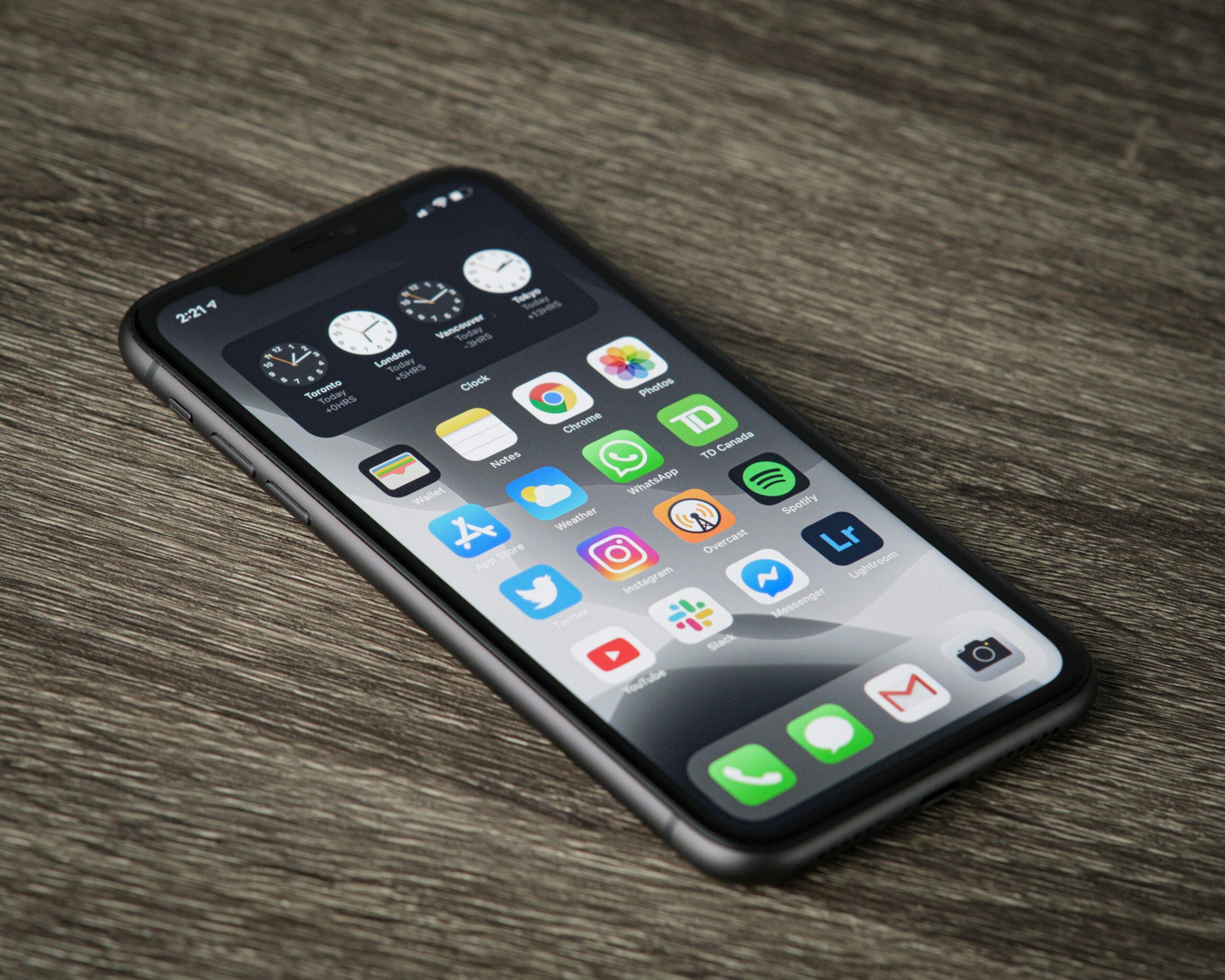
A No-Nonsense Guide
Choosing the right smartphone can be a bit tricky, especially when it comes to picking the right mobile phone deal. Should you go for a monthly contract, a SIM-only deal, or just pay-as-you-go?
Let’s break it down to help you make the smartest decision and avoid paying for things you don’t really need..
What’s a SIM-Only Plan?
If you are happy with your current phone and do not feel the need to upgrade, a SIM-only deal might be perfect for you. Since you are not forking out cash for a new phone in your deal, SIM-only plans are usually cheaper than monthly contracts. With this deal, you get a monthly allowance for calls, texts, and data at a fixed price. Plus, many of these plans work on a 30-day rolling basis, so you can easily cancel or switch to another better plan.
If you are okay committing for a bit longer, you can choose between 12-month and 24-month plans. You can also opt for a dual SIM device, which lets you use two SIM cards with different networks. Especially a good idea, if you are living in a place where the signals are weak or if you want to use one phone for both work and personal stuff.
Pros
- Saves you money.
- No long contracts.
- No need for a full credit check, good if your credit score isn’t top-notch.
Cons
- No new phone included; you are on your own if your phone acts up.
- Penalties for ditching a 12-month or 24-month deal early.
- You might have to unlock your phone.
How about Pay-As-You-Go (PAYG)?
Similar to SIM-only, but with PAYG, you will need to have your old phone with you. You buy credit upfront and only pay for what you use – minutes, data, and texts. When you run out of credit, simply top it up.
Some providers sweeten the deal with bundles of data, texts, and minutes if you top up a certain amount each month. But, overall, this deal works best for anyone who does not use their phone a lot.
Pros
- Good for occasional phone users
- No credit checks
- No contracts tying you down
Cons
- Might cost more than SIM-only.
- No new phone; you foot the bill for any repairs.
- If you run out of credit, your phone becomes a fancy paperweight, unless you need to call 999.
How Does Pay Monthly Work?
A pay monthly contract sets you up with a spanking new phone, plus a set amount of data, minutes, and texts each month – all for a fixed price. If you go over your limits, however, you get hit with extra charges. So, do be careful!
You can pick between 12, 18, or 24-month contracts. The longer you commit, the cheaper it usually gets, however, shorter contracts do give you more flexibility.
Bailing out early, though, can be pricey. Imagine paying £30 a month, and you decide to call it quits with 10 months left – that’s a hefty £300 bill.
Best for anyone who does not use their phone a lot.
Pros
- Access to the latest phones.
- You might get free repairs or a replacement if your phone acts up (if you pay your bills on time).
- Can help boost your credit rating if you pay on time.
Cons
- Full credit check needed; if your credit score’s lousy, you might get the boot.
- Stuck for at least a year, maybe two, and breaking up early can cost you
- Extra charges for going over your monthly limits
Which Deal Is Right For You?
To figure out the best fit, ask yourself if you really need a new phone and what your budget allows. If your current phone works fine, or you’re okay with a basic one, go for a SIM-only or PAYG plan. But if you’re eyeing a fancy new phone and use your current one a ton, a monthly contract might be your choice.
Always double-check the deals to make sure you’re only paying for what you actually need.
Compare Mobile Phone Contracts & SIM-Only Deals below:
- moneysavingexpert.com
- comparethemarket.com
- moneysupermarket.com
- techradar.com
- traveltom.net
- which.co.uk
- travelsim.com
- getyourguide.com
- textrapp.com
- temu.com
- comparemymobile.com
When hunting for that perfect smartphone, use this guide as your GPS, steering you towards a tailored mobile experience in 2024.

This post may have affiliate links, where I receive a commission at no cost to you, should you decide to purchase through them. Please review our Disclosure And Privacy Policy for more info.

